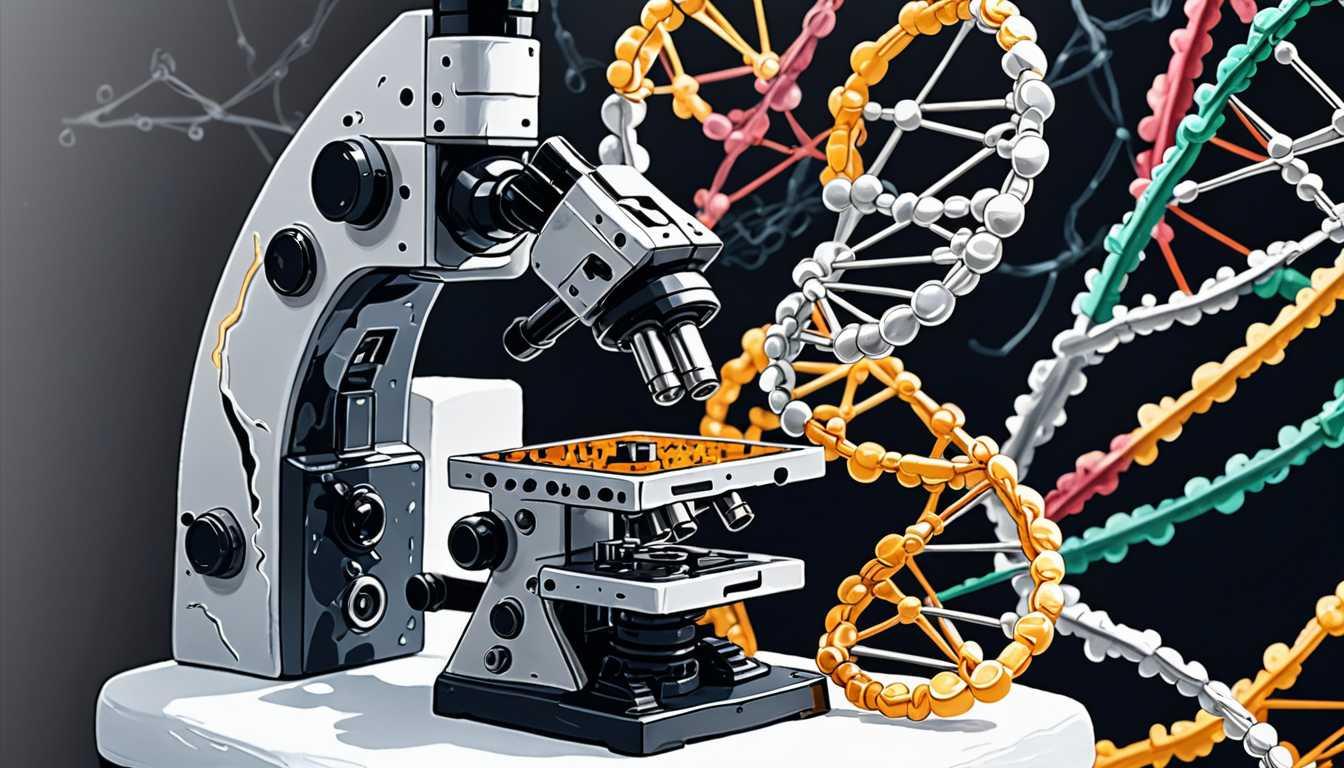Statins: A Surprising Ally Against Cancer?
May 2024
Harvard Gazette
Introduction
Hey students! Ever wonder if a little pill could help fight cancer? A Harvard-led study has uncovered a statin that might just block some cancer pathways. This captivating article from CellImage dives into the science behind it and reveals some mind-blowing details. So, grab your favorite snack, settle in, and get ready to explore how something as simple as a statin could change the game in cancer research!
READ FULL ARTICLEWhy It Matters
Discover how this topic shapes your world and future
Unraveling the Connection Between Inflammation and Cancer
Understanding the relationship between chronic inflammation and cancer is crucial for everyone, especially as it sheds light on how our health can be impacted by the world around us. This exciting research from Harvard highlights how common medications, like statins, typically used to manage cholesterol, might also play a role in cancer prevention. Chronic inflammation, which can be caused by exposure to environmental toxins, allergens, and irritants, has been identified as a significant risk factor for developing various types of cancer. By discovering that statins can suppress the inflammatory response, researchers are opening pathways to innovative strategies for cancer prevention. This topic is particularly interesting for you, as it emphasizes the importance of health choices and how understanding our environment can empower us to make better decisions for our future.
Speak like a Scholar
Chronic Inflammation
A long-lasting inflammation in the body that can lead to various diseases, including cancer.
Statins
A class of drugs used to lower cholesterol levels in the blood, which may also help in reducing inflammation.
Epidemiological Data
Information collected from studying the patterns, causes, and effects of health and disease conditions in specific populations.
Signaling Pathways
A series of chemical reactions in a cell that help transmit signals from outside the cell to its internal machinery, influencing how the cell behaves.
Interleukin-33 (IL-33)
A protein produced in the body that plays a key role in the inflammatory response and may contribute to the development of cancer.
Pancreatic Cancer
A type of cancer that begins in the tissues of the pancreas, often linked to chronic inflammation and other risk factors.
Independent Research Ideas
The Role of Environmental Toxins in Health
Investigate how different environmental factors contribute to chronic inflammation and their potential links to cancer. This study could reveal surprising connections between our surroundings and health.
Statins Beyond Cholesterol
Explore the broader effects of statins on inflammation and other diseases. This research could lead to groundbreaking discoveries about existing medications and their new potential uses.
Inflammation and Diet
Examine how dietary choices can influence inflammation levels in the body. This investigation could uncover beneficial foods that may help reduce the risk of chronic diseases.
The Genetics of Cancer Risk
Study the genetic factors that may make some individuals more susceptible to cancer from chronic inflammation. Understanding these genetic markers could lead to personalized approaches in prevention.
Public Health Campaigns on Cancer Prevention
Develop a proposal for a public health initiative that educates communities about the risks of chronic inflammation and the importance of lifestyle choices, highlighting the role of awareness in cancer prevention.
Related Articles

Fasting: Health Benefits or Cancer Risks?
August 2024
MIT News

Eye Protein: A Potential AMD Game Changer
June 2024
University of Bristol

Baby Food Choices: The Obesity Connection
June 2024
University of Cambridge

Genetic Mysteries of Lupus Explained!
May 2024
UC Berkeley

Gene Mutations: Unraveling Cellular Secrets
May 2024
Cornell News Highlights